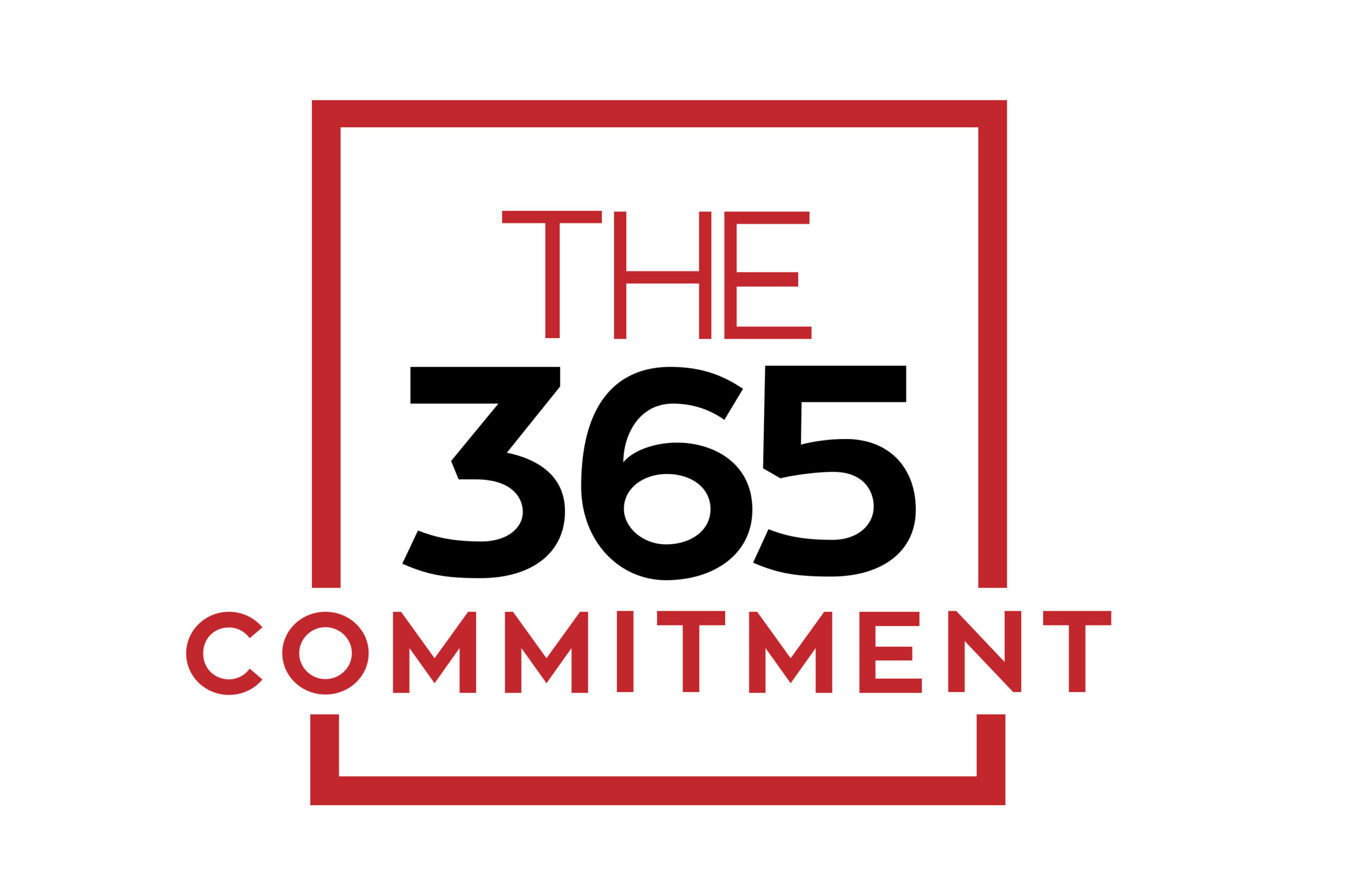I was considering this morning why it is difficult, sometimes, to accept criticism. After some thought, I made a realization that I think will help me when I do receive criticism from another person. First, I think it important to realize why most people criticize. Sure there are some really mean people out there that just tear people down as part of their enjoyment in life, but I am talking about a majority of people who all, equally, participate in the act of criticizing another. The reason that people criticize is that from their perspective you are doing something to harm, distract, discourage or prevent something they are trying to accomplish. Many times this criticism is unwarranted. The reason is that your interests and the other person’s interests may very well be in conflict. When that occurs, it is healthier to identify the conflict and not resort to criticism. To criticize someone for simply trying to obtain their objective is folly. If their objective is not in harmony with your objective then that is the problem, not the fact that the other person might be doing a good or bad job. Think of how silly this sounds. You have an opponent in a game of ping pong. Your objective is to score more points then they do. Would you stop the game and criticize them for doing really good at beating you? No you would not. Also, you absolutely would not stop the game if they are doing a bad job and criticize them for being bad at ping pong. You would just beat them and win the game.
However, and quite amazingly so, many people will actually try to stop people that are doing a good job at meeting their objectives and criticize them for doing so. Not because they are good or bad at it, but because the objective they are trying to achieve is at odds with their own. This is the ultimate silliness and is at the root of a many conflicts between people. It is not what they are doing, but why they are doing it that is the real question and surprisingly very few people look at the motives of the other person before opening their mouth to criticize. So first and foremost, it is important to recognize when criticism is warranted and when it is not. It is definitely not warranted when the person doing the criticism is trying to stop the other from a achieving an objective that they do not like. The argument is not with the person’s individual behavior, but rather, what they are trying to accomplish in the first place.
Now comes the hard part. When a person that criticizes you that wants the same thing that you do, you are now in the category of warranted criticism. This can be difficult and the hardest to accept. If someone criticizes us for what objective that we are trying to achieve, then we can take a stance of outrage and even defiance. However, when someone criticizes us and they want the same objective, then it becomes more personal and our resort is to become defensive. So my thought is around how to react to this warranted criticism. Here is the idea. Usually when someone, that has the same objective that you do, gives you criticism it is because they have a different perspective. usually a wider, farther reaching perspective. When this occurs, you need to recognize and understand that they may have a better, farther reaching vision then you do and therefore the criticism is actually based in wisdom, rather than personal attack.
For example, if you were hiking up a trail and you needed to climb a steep mountain. The person behind you also wants to climb the steep mountain. You are doing the best you can. The person behind you says, “you really need to hurry up.” Your response might be – what the bleep, I am going as fast as I can, this criticism is unwarranted. However, lets say the person behind you has a GPS device and can see the weather report and knows that a rain storm is coming. This perspective makes the necessity of getting out of the canyon and up to higher ground a paramount necessity. Perspective often times is what makes a like minded person criticize. If we remember this, then we can accept critique from a boss, a superior, and elder, a parent much easier. If we look for their perspective first, often times we will see that their criticism is based on wisdom, or an understanding of a much larger ambition then our current myopic view of our path. Who would you trust to see the obstacles ahead better? The soldier next to you? The captain riding horseback? Or the scout in a hot air balloon? Often times we listen to the advice of the same grunts in the trench as we are and forget that the person, who sits on high, has a much better view of the world.
Happens in football all the time. A coach on the sideline learns to trust what his team up in the skybox is saying about the play on the field. Perspective can be deceiving, and a wise coach will recognize that criticism coming from a wider perspective is not personal, it is just the truth.
Guy Reams
